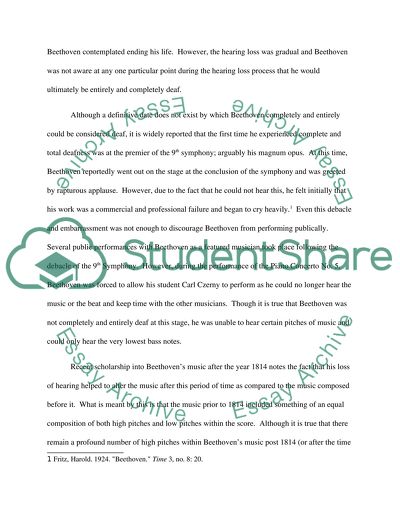Cite this document
(“Beethoven Research Paper Example | Topics and Well Written Essays - 1500 words”, n.d.)
Beethoven Research Paper Example | Topics and Well Written Essays - 1500 words. Retrieved from https://studentshare.org/music/1483366-beethoven
Beethoven Research Paper Example | Topics and Well Written Essays - 1500 words. Retrieved from https://studentshare.org/music/1483366-beethoven
(Beethoven Research Paper Example | Topics and Well Written Essays - 1500 Words)
Beethoven Research Paper Example | Topics and Well Written Essays - 1500 Words. https://studentshare.org/music/1483366-beethoven.
Beethoven Research Paper Example | Topics and Well Written Essays - 1500 Words. https://studentshare.org/music/1483366-beethoven.
“Beethoven Research Paper Example | Topics and Well Written Essays - 1500 Words”, n.d. https://studentshare.org/music/1483366-beethoven.


